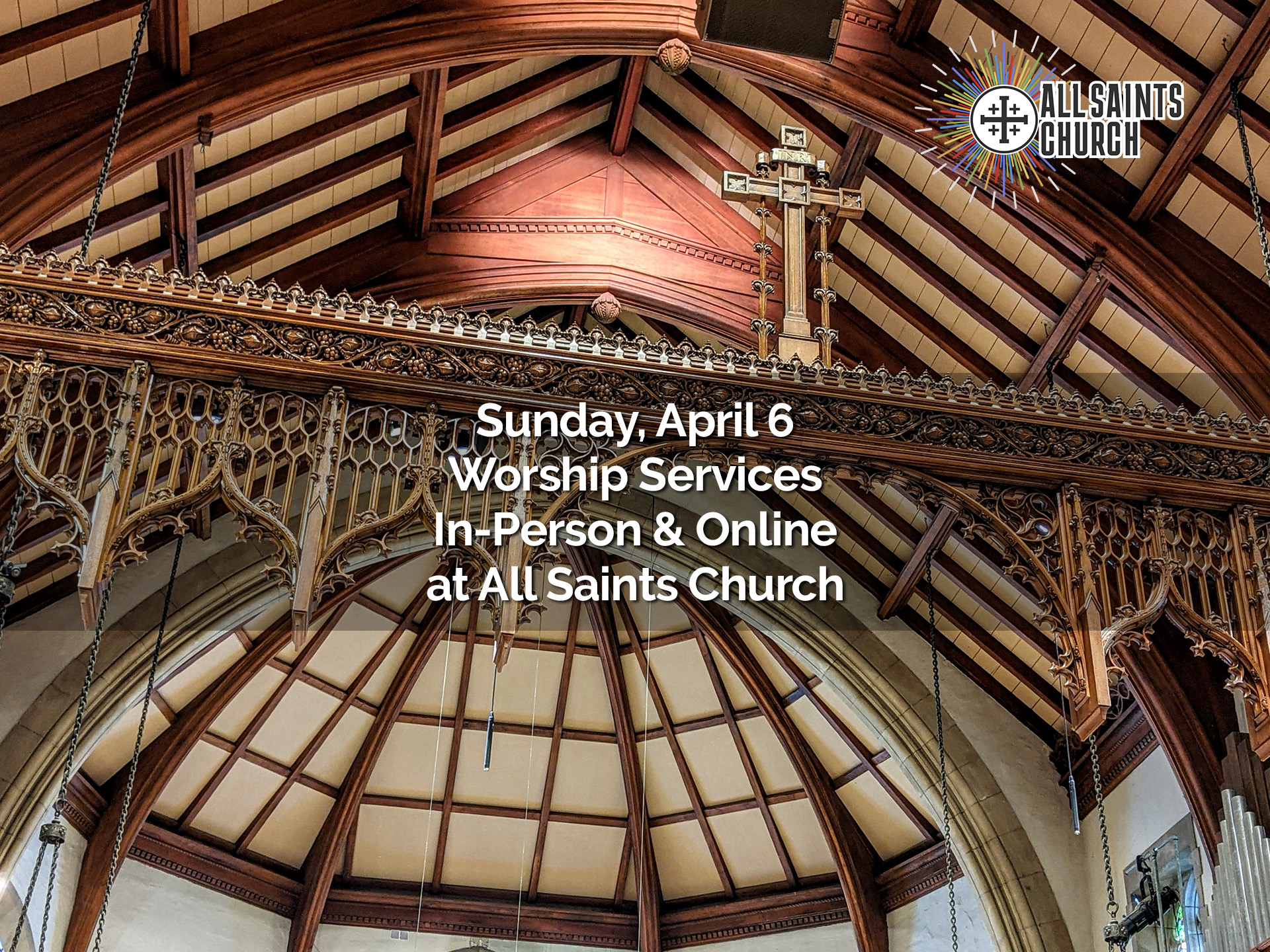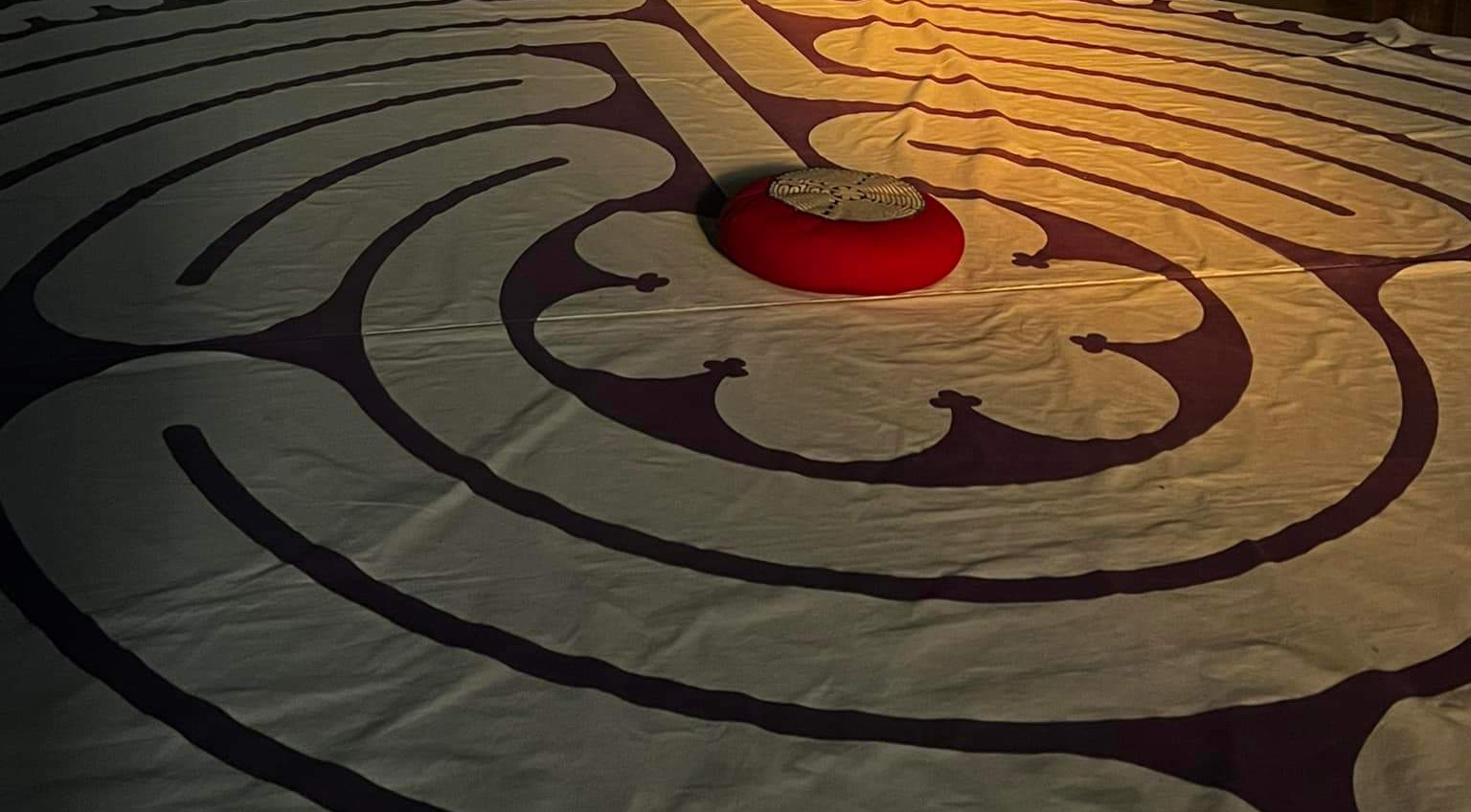
 The priest hadn’t yet arrived. Traffic, they said, stalling for a moment. So we sat there waiting, chatting about the busy-ness of the spring – parties to organize, graduation dinners to host, summer plans to put in place, college explorations ahead.
The priest hadn’t yet arrived. Traffic, they said, stalling for a moment. So we sat there waiting, chatting about the busy-ness of the spring – parties to organize, graduation dinners to host, summer plans to put in place, college explorations ahead.
The priest wasn’t going to be able to come, they announced. The hall quieted and the worship service at my daughter’s all-girls Roman Catholic High School commenced.
And I sat there, knowing that in this context I wasn’t allowed to partake, let alone offer to preside. I stayed in my place in the center of the row, the female Episcopal priest incognito – the irony being that this was to be a Mass in honor of Motherhood and Daughterhood, and of Sisterhood as the newest group of soon-to-be alumna headed toward graduation. A little shorter than planned, but it was hot in the hall where we were gathered so no one seemed to mind too much.
Afterwards we had our picnic, breaking bread together on the lawn. And then I drove back to work: This priest was returning to her congregation.
The week prior Bishop Mary Glasspool had been with us at St. Matthew’s Parish School for our Easter Eucharist. Knowing that the Episcopal Church was coming upon the 40th anniversary of women’s ordination, we took a moment to acknowledge our female students who were assisting at the altar — remembering that when Bishop Glasspool and I were their age neither of us even could be acolytes in our clergy fathers’ parishes — and to acknowledge Bishop Glasspool, who I consider to be one of the pioneers.
What I have been realizing as we approach this anniversary is that I haven’t been telling my story to the young people with whom I work. I think it’s because I haven’t quite realized that I have a story to tell.
When I entered seminary in the late 1980s, the ordination of women almost seemed to be ancient history. While I was in college, my father had hired a female priest to be an assistant at his church and our parish was supportive of my call. There were plenty of women on the ordination track at the seminary and we were regularly using inclusive language in our worship. On a weekend when I was intent on frantically getting caught up on my church history reading, Barbara Harris was consecrated as the first female Bishop; but in my young academic haze I didn’t realize the importance of traveling two hours up the highway to Boston to actually be present while Church History was being made.
And, then I came to All Saints – again, George Regas’ advocacy for women’s ordination had been crucial, but since that time there had been many female clergy at All Saints and now we were wrestling with the issues of the early 1990s – far too many funerals of young men dying of AIDS, the Los Angeles Riots after the Rodney King verdict, the end of the Regan/Bush era with the election of Bill Clinton as President, and the start of the Blessing of Same Sex Covenants.
What in 1990 seemed to me like “ancient history,” but now several more years have gone by and I have a better vantage point. As I now move toward the 25th anniversary of my own ordination at All Saints, I am beginning to recognize that this took place only fifteen years after the first ordinations of women. With the passage of enough time, I also am likely to be considered as one of the early pioneers of women’s ordination.
Forty years later after the first ordination of women, on that Thursday afternoon of Easter Week, Mary Glasspool and I stood behind the altar as bishop and priest, celebrating the Resurrection of Our Lord Jesus Christ. Not only had the priest arrived, but so had the bishop, and, in fact, the Presiding Bishop.
There is indeed a story to tell.
In an interview with Krista Tippett on NPR’s On Being series, social activist and historian Vincent Harding stated that “there is something deeply built within us that needs stories.” In “Civility, History and Hope,” Harding spoke of his work with Veteran’s of Hope where he brought young people together with veterans of the civil rights movement. The goal was for stories of the elders to become “tools and pieces of empowerment” for the young people as they were encouraged to create their own stories, allowing the discovery of self, of connection, and of community.
As we all strive toward making the Beloved Community a reality, perhaps we can use this celebration of the 40th anniversary of women’s ordination to remember that we each have an important story to tell. There’s clearly much work still to be done on gender equality and there are many other pressing social issues in front of us in the mid-2000s, but maybe in sharing our “ancient” stories we, as Vincent Harding suggests, will help inspire the next generation to continue the journey with “new words, new songs, new possibilities for ourselves” as God’s people.


